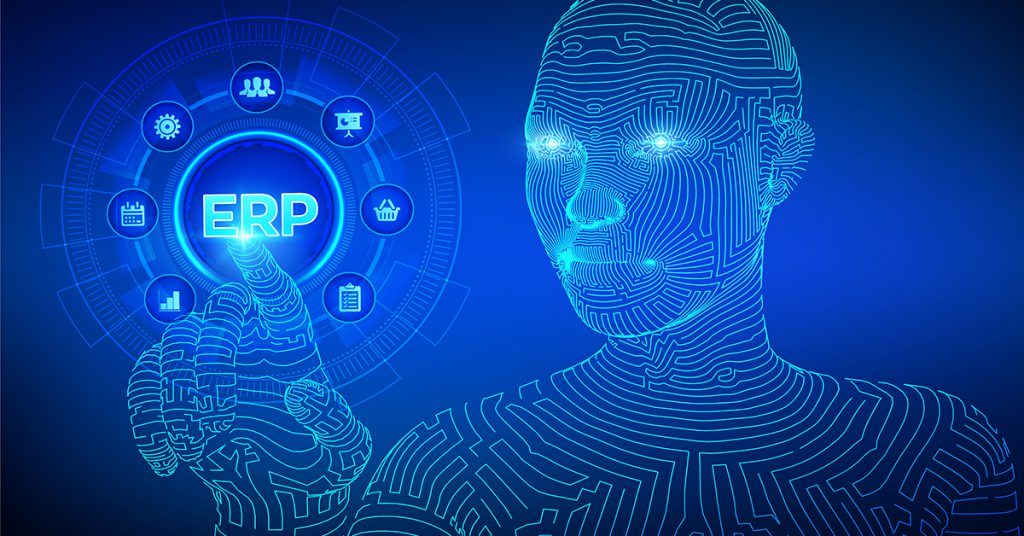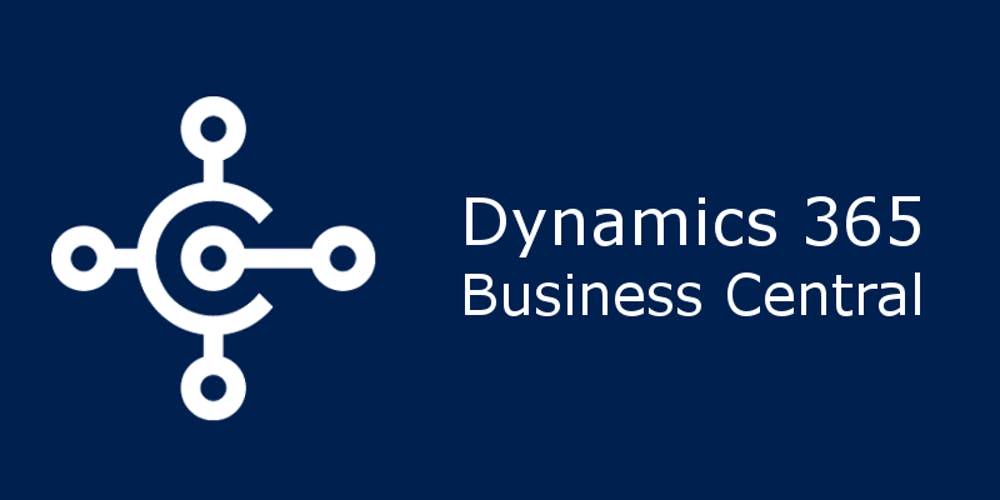ERP system – Professional consulting
What is ERP?
The ERP system (Enterprise Resource Planning) is a type of software used to manage an enterprise including its resource planning. In a nutshell, it operates on the basis of one database in which data from various areas of the enterprise such as customer service, production, and accounting is gathered and processed.
Eventually, instead of separate software to help you manage and enhance the business activities, you gain one solution which allows you to effectively manage internal business processes.


Quite often enterprises have plenty of various and incompatible software which can make many mistakes and cause some management obstacles because of a lack of cooperation and due to the fact that data is gathered in separate databases.
Companies that do not use integrated IT systems struggle with:
- disaggregated data;
- difficulties within cross-departmental collaboration;
- errors that require rapid reaction;
- lack of automation;
- rare data synchronization – work based on outdated data;
- time-consuming management of data and information between separate software.
Functionalities of the ERP System
Before you decide on the ERP system, determine your expectations, establish precise goals and think about the areas in which the implemented software might be helpful. First of all, identify the key business areas (for instance, customer service or production) which require changes or new functions.
Benefits of the ERP system:
- improved production efficiency through lowered costs and implementation of process automation;
- better organisation of financial areas in a company;
- optimisation – for example, within supply chains or costs reductions;
- streamline and improve customer service by, for instance, gathering data about customers and their preferences.
When is the best time to implement the ERP System?
Are you considering the implementation of the new ERP system? Below you will find the most common reasons why companies decide to implement such an advanced IT system.
- The existing software is inefficient – currently used software does not satisfy the company’s needs and does not keep up with its development.
- Some processes in the company are not automated – and many of them are carried out manually which is time and resource-consuming.
- High storage costs – managing resources is a considerable challenge for many companies as well as the management of costs related to warehouse maintenance. ERP systems can help to monitor inventory and forecast future activities.
- The company is expanding and that is why it requires new solutions as well as a future and modern structure.
- Some mistakes occur in the company that can lead to chaos and financial loss. ERP systems allow monitoring, planning, analysing and anticipating potential bottlenecks which can cause some problems.


How much does ERP software cost?
The cost of an ERP system depends on several different factors. The valuation is based on an individual approach and a precise analysis of all fixed components.
The cost of the system depends on:
- ERP software licensing fees – this cost is estimated at the very beginning of the valuation and depends on various sorts of licenses. . The number of users determines the fee. A license with an unlimited number of users with a monthly or perpetual fee is highly recommended for large organisations.
- The ERP system implementation – the valuation prepared by a producer or a company specializing in this area. The implementation includes includes the components such as needs analysis, a selection of the proper version of the system, business process analysis, the project launching process, and the final audit.
- Range of functions – systems are divided into modules dedicated to particular areas. If you select more functionalities for those areas, the costs will be higher.
- IT infrastructure – selected software has to be installed either on a company server or in a public cloud. This particular choice has a pivotal influence on the costs and execution time. In a nutshell, the first option requires much more work and as a result, is more expensive. That is why the second option becomes more and more popular. It is crucial to mention that ERP systems are also available in a SaaS model.
- After-implementation support – the scope of support determines the total price and therefore it should include, for example, software updates and system development comprising new and necessary functions.
Is it worth implementing the ERP System?
The ERP systems combine many advantages which help you to satisfy your company’s needs. The benefits are:
- control over internal processes in the company;
- supply chain monitoring;
- cost minimization;
- more efficient resource management;
- access to the current database;
- better staff availability;
- data that allows you to win customers’ loyalty;
- faster order processing;
- increased product availability;
- return on investment;
- better cooperation between departments;
- effective communication and more fluent information flow;
- business development support.

